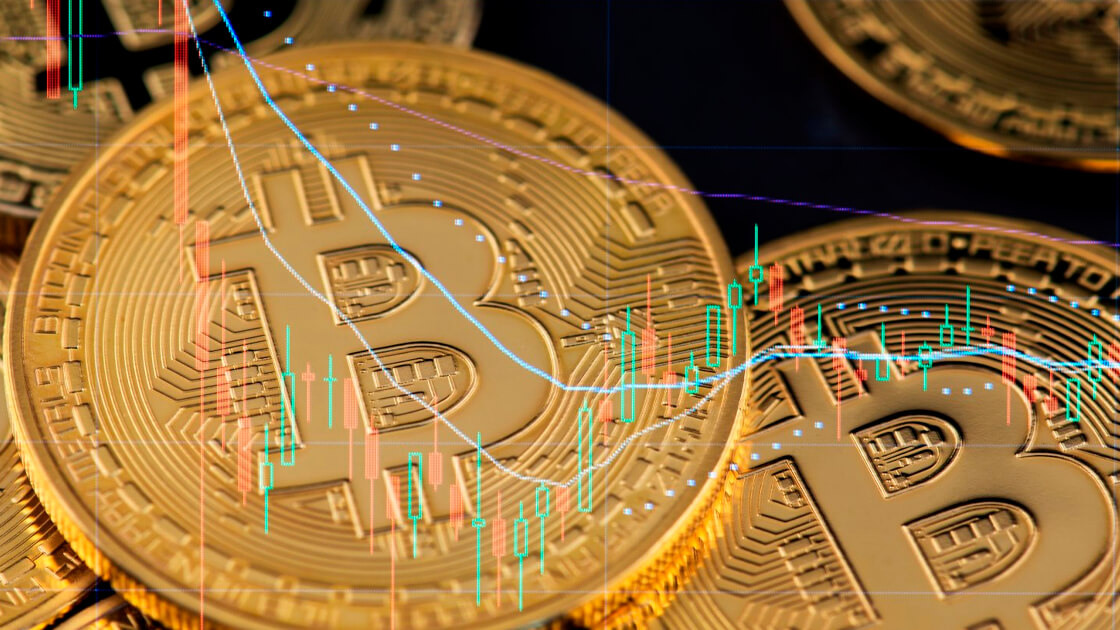What determines the price of one bitcoin? This question is being asked by many. The financial factors of supply and demand, of course, have a decisive influence on the price of bitcoin. However, there are other factors as well, such as regulation, availability on exchanges, the cost of block rewards, and the cost of mining.
In this article, we take a quick look at these factors and explain how they can affect the price of the leading cryptocurrency.
1. Supply and demand
Supply and demand are the most significant factors in determining the price of any asset, and Bitcoin is no exception. Diamond prices are high because they are made from diamonds that are rare in nature. However, if the market were suddenly replenished with a vast treasure of diamonds, which would double the number, it would immediately lead to a significant drop in diamond prices. That is how supply and demand work in an economy.
Bitcoin reserves are limited to only 21 million coins. So far, about 18.2 million bitcoins have been mined in the world. Every 10 minutes, when miners discover a new block, they receive 12.5 bitcoins for this work, which replenish the total supply of coins in the world. That is why we can argue that Bitcoin is currently subject to inflation. However, once all 21 million bitcoins are mined, inflation will stop.
As you know, in May 2020, Bitcoin halving will take place - halving the remuneration of miners. In Bitcoin, this change occurs every four years, and this helps to contain the growth of the supply of coins. This time, the reward for the mined block will be reduced to 6.25 BTC.
Halving will lead to the fact that the demand for bitcoins will grow at a faster pace than the supply of coins will increase. In theory, this should help raise the price of bitcoin.

Trending: Fintech Company Plaid Announced Its First Crypto-Native Product
2. Production cost
Bitcoin mining is an energy-intensive process and, therefore, the production of coins is associated with striking costs. Mining equipment requires a lot of electricity to operate since these machines solve many problems to extract the next block. Collectively, bitcoin miners around the world need about 77.78 terawatts/hour of electric power - as much as a country like Chile consumes.
In 2019, it was estimated that mining one bitcoin requires electricity worth between $3,000 and $4,000: although, this depends on the cost of electricity in a particular area where the mining farms are located.
There is a lot of debate: whether the cost of production is related to the price of bitcoin or not. Satoshi Nakamoto himself once said that "the price of any commodity tends to the cost of its production." However, many arguments against this have also been expressed.
The concept of the price of a good or service, which is determined by the work expended on it, is known as the "theory of the value of labor" and is popular among Marxists. However, other economists argue the price of a good or service is determined by how much they are willing to pay for it, regardless of the effort expended.
That is a long and controversial discussion. However, the only thing that is specified that the cost of mining bitcoin somehow affects its price. When a deep retracement occurs in the market, bitcoin's price reverts to the cost of production before experiencing significant gains again.
It should also be understood that halving will lead to an increase in the cost of producing one coin, and this is likely to affect the bottom of the market. And if bitcoin falls below the price of production, then miners will most likely turn off their gadgets since mining will become unprofitable for them.
Trending: Miners sold over 5,700 bitcoins in July
- The presence of BTC on exchanges
You couldn't buy or sell bitcoins if they weren't on the exchanges. Buying bitcoins on crypto exchanges is the easiest way to get coins. If the availability of coins on exchanges decreases, then the purchase of bitcoins will be challenging, which will lead to an increase in the price. However, miners will always list new coins on exchanges as they need to pay their electricity bills.

4. Competition from altcoins
Bitcoin remains the most dominant cryptocurrency in the world. However, if the competition among cryptocurrencies begins to heat up, then we can expect that the capitalization of the bitcoin market will decrease, and money will begin to go to the altcoin market. That can affect the rate of bitcoin.
Trending: Finder: Bitcoin could hit $80,000 by 2025
5. Regulation
This is one of the most significant factors affecting the price of bitcoin. Governments around the world are seeking to regulate the Bitcoin and crypto market, while some just prohibit them. However, with optimal regulation, a tremendous number of large and wealthy institutions can join the crypto market, which, in theory, should lead to a rise in price.






